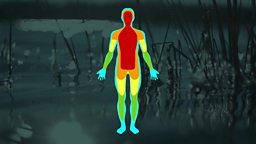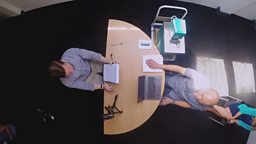What is generalised anxiety disorder and what can I do about it?
For most of us, anxiety is a perfectly normal reaction to many of the challenges that everyday life throws at us. For some people, however, the anxious feelings and thoughts become so intense, so frequent and so disabling, that it becomes a condition known as Generalised Anxiety Disorder (GAD).
It is called ‘generalised’, because the anxiety experienced by sufferers is not confined to specific issues; instead it spreads to almost every aspect of life.
Almost 6% of the UK population has experienced the condition.
For many people with GAD, feeling anxious is a daily occurrence and can result in intense concerns about highly unlikely events, such as a loved-one having an accident.
Some common signs are:
- Feeling on edge or fearful much of the time
- Excessive concerns and anxious thoughts
- Restlessness
- Avoiding situations that make you anxious
There are also some common physical symptoms:
- The feeling that your heart is racing or skipping beats
- Rapid breathing
- Dry mouth
- Sweating
- Trembling
- Dizziness
- Some people get panic attacks, in which all these factors combine intensely
Research has identified a wide range of factors that can increase our vulnerability to GAD, including current stresses and past adverse life experiences, even stretching back to when we were babies in the womb. The exact psychological and physical symptoms will vary from person to person.
The day-to-day anxious feelings and thoughts we all experience tend to go away quite quickly but anxiety disorders can last for months or years so it is important to recognise them and get help as quickly as possible.
If you think you may suffer from GAD, what can you do to start dealing with it?
- First acknowledge that you have a problem and then start talking about it.
- Approach your GP who may recommend treatment. This usually involves therapies such as Cognitive Behavioural Therapy (CBT), sometimes medication, or a combination of both.
- There are also many changes you can make to help reduce your anxiety. Regular exercise, stopping smoking and cutting down on the amount of alcohol and caffeine you consume will all help.
Generalised Anxiety Disorder does not have to become a long-term disability if you recognise it and get the right treatment. Seeking support from others and professional help will maximise your chances of a good recovery.





























